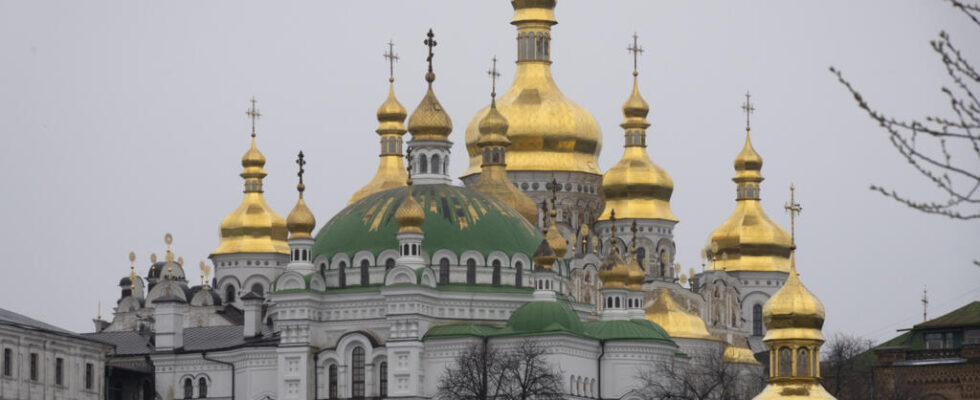It was Easter Day, Sunday, May 5, 2024, for Orthodox Christians around the world. At midnight, believers everywhere gathered in the darkness of churches and, after a reading, passed a candle from hand to hand to light thin candles, thus gradually illuminating the place of worship glittering with gold in the smoke of the censers, to celebrate the resurrection of Christ. (Rebroadcast)
It is into this Orthodox world that Accents d’Europe has chosen to lead you.
Guest : Antoine Arjakowsky, historian and co-director of the department of “Politics and Religions” at the Collège des Bernardins. With him, we talk about the Orthodox churches in today’s Europe, their internal fractures, their dominant characters, their dilemmas, against the backdrop of the war in Ukraine and Moscow’s hegemonic will.
The influence of the very conservative Orthodox Church?
In Greece, a society with conservative morals where the state and the clergy are not separated, the influence of the Orthodox religion remains strong. During the last societal debate that shook the country this year, on the occasion of the adoption, in February, of same-sex marriage, the government and the religious thus defended a radically different vision of the world. In the end, despite the clear opposition of the Church, Greece became the first country with an Orthodox majority to implement marriage for all. HAS Athens, Joel Bronner.
But it is the war in Ukraine that has caused the greatest shockwave in the Orthodox world, due to the “guardian” power relationship maintained by the Moscow Patriarchate, led by Patriarch Kirill, a promoter of the “Russian world”, close both ideologically and politically to Vladimir Putin. And to illustrate the dilemma into which this plunges the Orthodox churches of Eastern Europe, one of our correspondents in BucharestMarine Leduc, reminds us that in Moldova, the war has shaken up the religious landscape and brought the Moldovan churches closer to the Romanian churches, to free themselves from the influence of Moscow.
